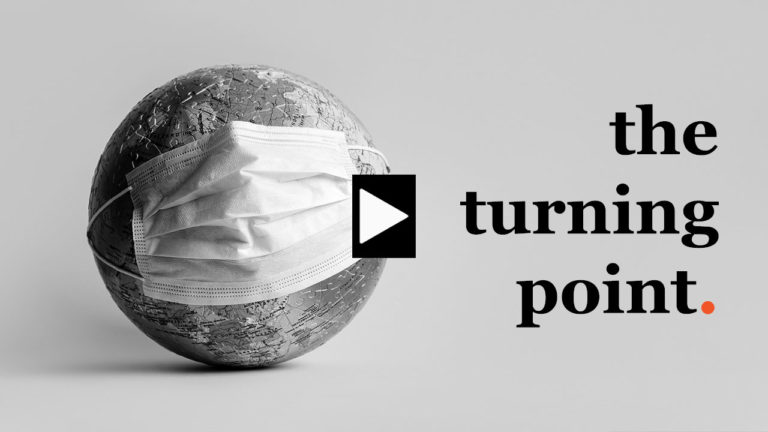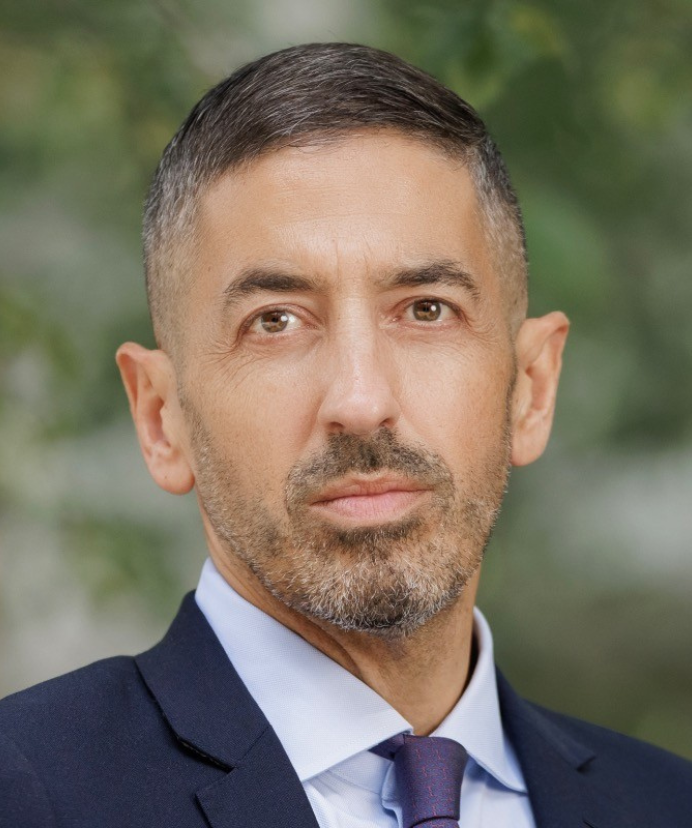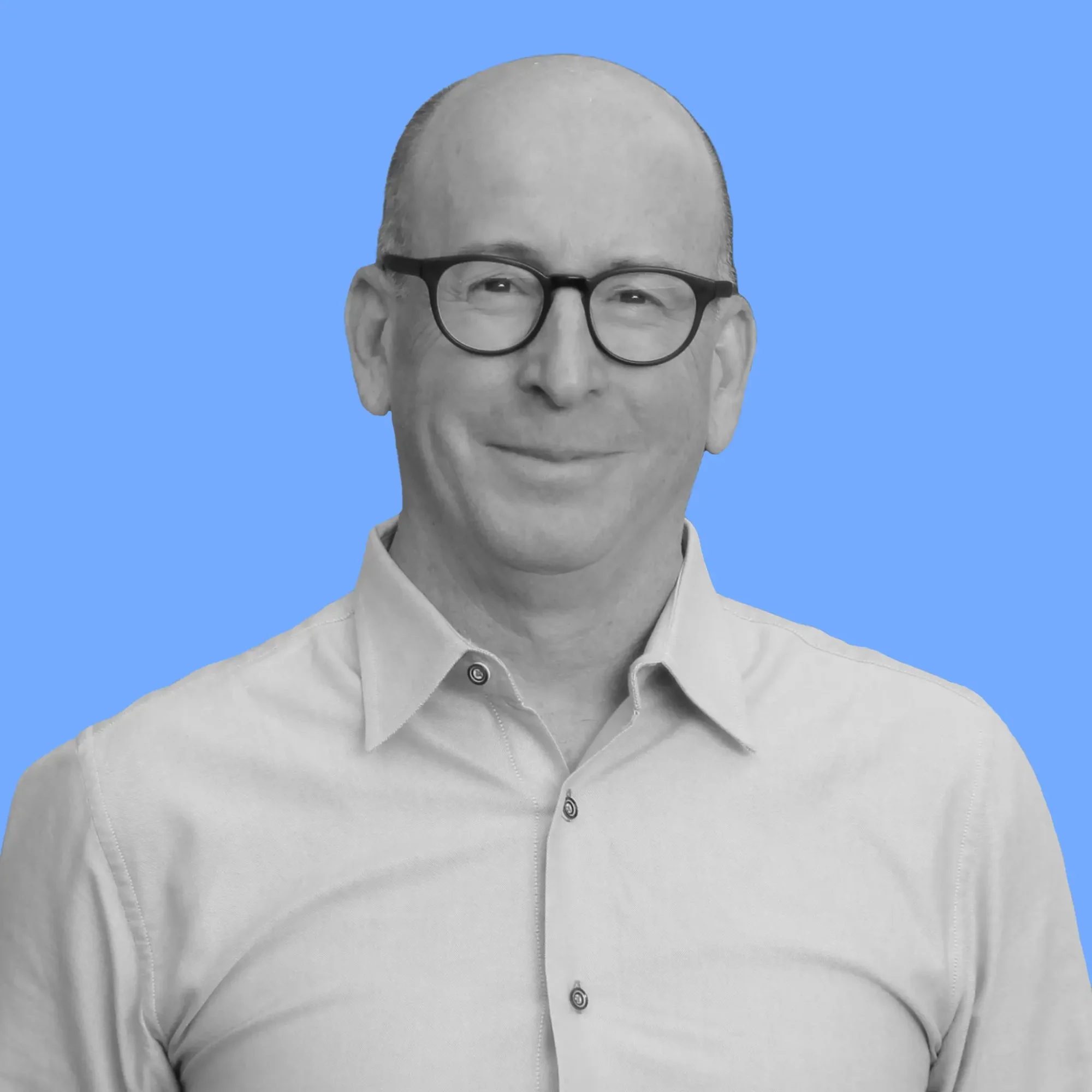Epistemic Humility During a Global Pandemic
Public health is having its moment in the spotlight. It's worth a pause to consider current challenges, and how to avoid overstating what we know and the confidence with which we know it.

Read Time: 4 minutes
Published:
We often talk about how challenging the Covid-19 year has been for so many people. And yet when we look beyond the individual sorrows and losses, the Covid-19 moment has been good for public health as a discipline generally, and for some of its fields specifically. Public health has had visibility like never before, its central concerns in the headlines for more than a year. Prospective students are applying to public health programs in record numbers. Epidemiologists have been declared “the new rock stars” by The New York Times and reporters fill columns asking epidemiologists what they’re personally doing, for example, on Thanksgiving and other holidays, holding the discipline up as a bellwether of data-informed good sense.
We are delighted with this attention. Public health has long been overlooked in the public conversation, and having more graduate interest in the profession is long overdue. It is likely that there will be more public health jobs created post-pandemic than ever before, establishing a moment of opportunity for us to welcome a new generation to the field that will lead in decades to come.
It is, of course, also true that this heady moment holds peril in that we risk overstating what we know and the confidence with which we know it, to the detriment of the world and our own field and reputation. We have no particular desire to be skunks at the public health garden party. But it does seem to us worth reflecting on the main challenges that public health faces in this moment that suggest a need for a thoughtful pause.
One challenge has been our occasional lapses into false certitude. This is perhaps most easily illustrated when we look back at the plethora of infectious disease models that emerged early and throughout the pandemic, all of which were fundamentally limited—as all models are—by the assumptions that informed them. We in the field well recognize the centrality of assumptions to model prediction, and that models are far better at explaining what happened than at predicting what might happen. But the declarative seriousness with which we presented some models throughout the pandemic was at times a far step from public understanding.
Second, and relatedly, is the challenge of contradiction in our science that has often gone without explanation. The paradigmatic example of this was the reversal of course early in the pandemic about the utility of mask wearing. Science is, of course, about learning and refutation of past findings, and about iteratively getting ever-closer to the truth. But such contradiction does not wear well when it is evolving in the public arena and is accompanied early on by dispositive assertions that do not brook doubt.
Third, and also related, has been intolerance of disagreement in the field, reaching its apotheosis perhaps in the robust denunciation of efforts like the Great Barrington Declaration. The Declaration, while patently flawed, embedded ideas that were contrary to mainstream views and could have been grounds for discussion and debate had there been space in our collective scientific conversation.
What unites these three concerns is epistemic arrogance, an overconfidence that may have been unavoidable in a moment of heightened regard for what we do. As the world re-sorts, as we learn from the moment, it is perhaps time to re-embrace humility, to re-calibrate, recognizing that what we know is always limited. We will need to think together about how we avoid the moment’s pitfalls the next time we are cast quickly and harshly into the public eye.
Warmly,
Michael Stein & Sandro Galea
As we re-emerge from the pandemic, 2021 stands to be a turning point year for public health. In The Turning Point’s weekly essays, we reflect on what we learned during 2020, and what we are learning during 2021, that can guide us to the creation of a better, healthier world.




